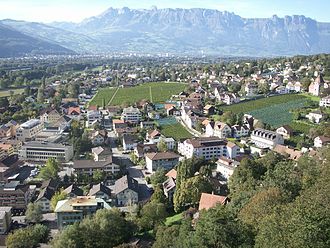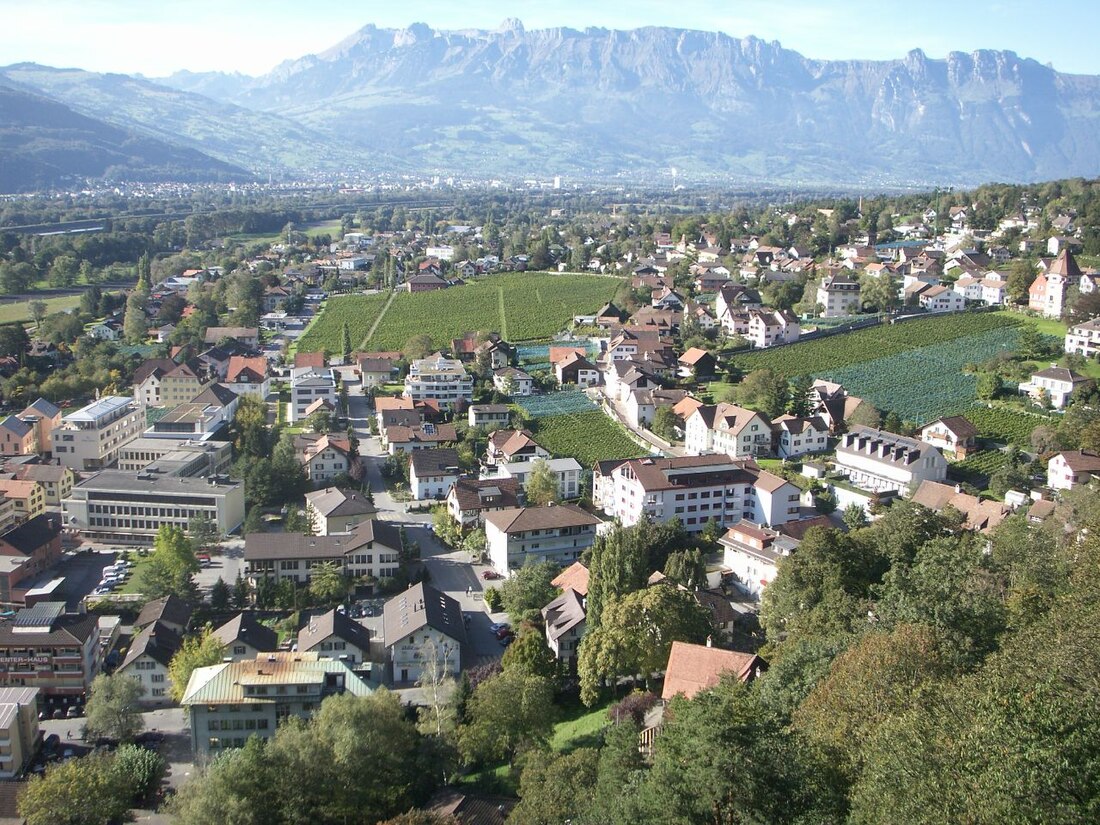 |
| 貨幣 | 瑞士法郎(CHF) |
|---|
國家分組 | Developed/Advanced High-income economy[1] |
|---|
|
| 人口 | ▲ 38,748 (1 January 2020, provisional)[2]
|
|---|
| GDP | ▲ $6.872 billion (nominal, 2020)[3]
|
|---|
GDP成長率 | ▲1.8% (real, 2011 est.)
|
|---|
人均GDP | ▲ $180,227 (2020)[4]
|
|---|
各產業GDP | Agriculture: 7%; industry: 41%; services: 52% (2014) |
|---|
| ▼ −0.4% (CPI, 2016) |
|---|
| N/A |
|---|
| N/A |
|---|
| ▲ 0.935 very high (2021)[5] (16th)
|
|---|
勞動力 | 38,520 (2012) (2015 est.), 51% of whom commute daily from Austria, Switzerland, or Germany |
|---|
各產業勞動力 | Agriculture: 0.8%; industry: 39.4%; services: 59.95% (2010) |
|---|
| 失業率 | ▼ 1.8% (2019)[6]
|
|---|
主要產業 | Electronics, metal manufacturing, dental products, ceramics, pharmaceuticals, financial services, food products, precision instruments, tourism, optical instruments |
|---|
|
| 出口 | ▲ $3.76 billion (2011 est.)
|
|---|
出口商品 | Small specialty machinery, connectors for audio and video, parts for motor vehicles, dental products, hardware, prepared foodstuffs, electronic equipment, optical products |
|---|
主要出口夥伴 | n/av |
|---|
| 進口 | ▲ $2.218 billion (2011 est.)
|
|---|
進口商品 | Agricultural products, raw materials, energy products, machinery, metal goods, textiles, foodstuffs, motor vehicles |
|---|
| 0% (2001) debt holder of Switzerland, Austria and US |
|---|
|
| N/A |
|---|
| 收入 | $1.29 billion (2011 est.) |
|---|
| 支出 | $1.372 billion (2011 est.) |
|---|
| Standard & Poor's:[7]
AAA (Domestic)
AAA (Foreign)
AAA (T&C Assessment)
Outlook: Stable[8] |
|---|
|

